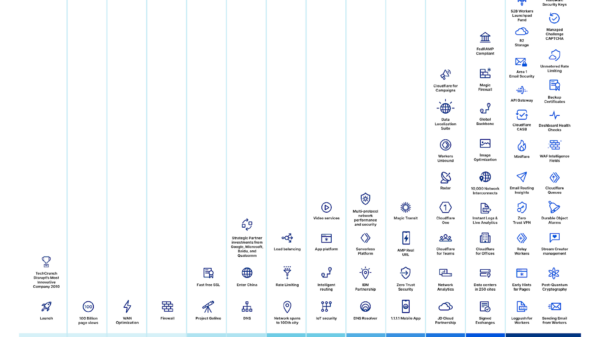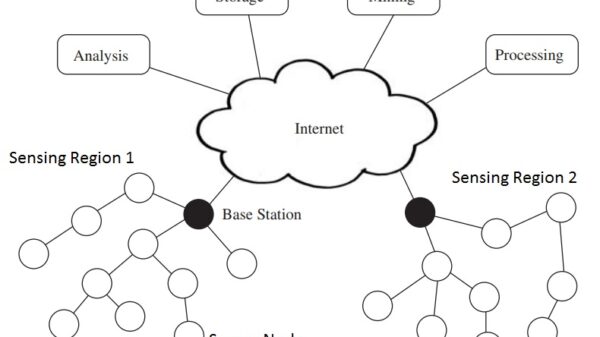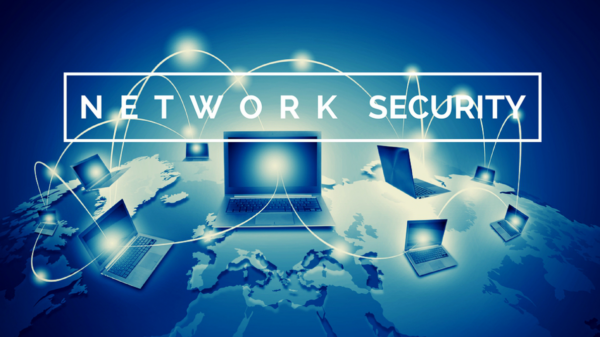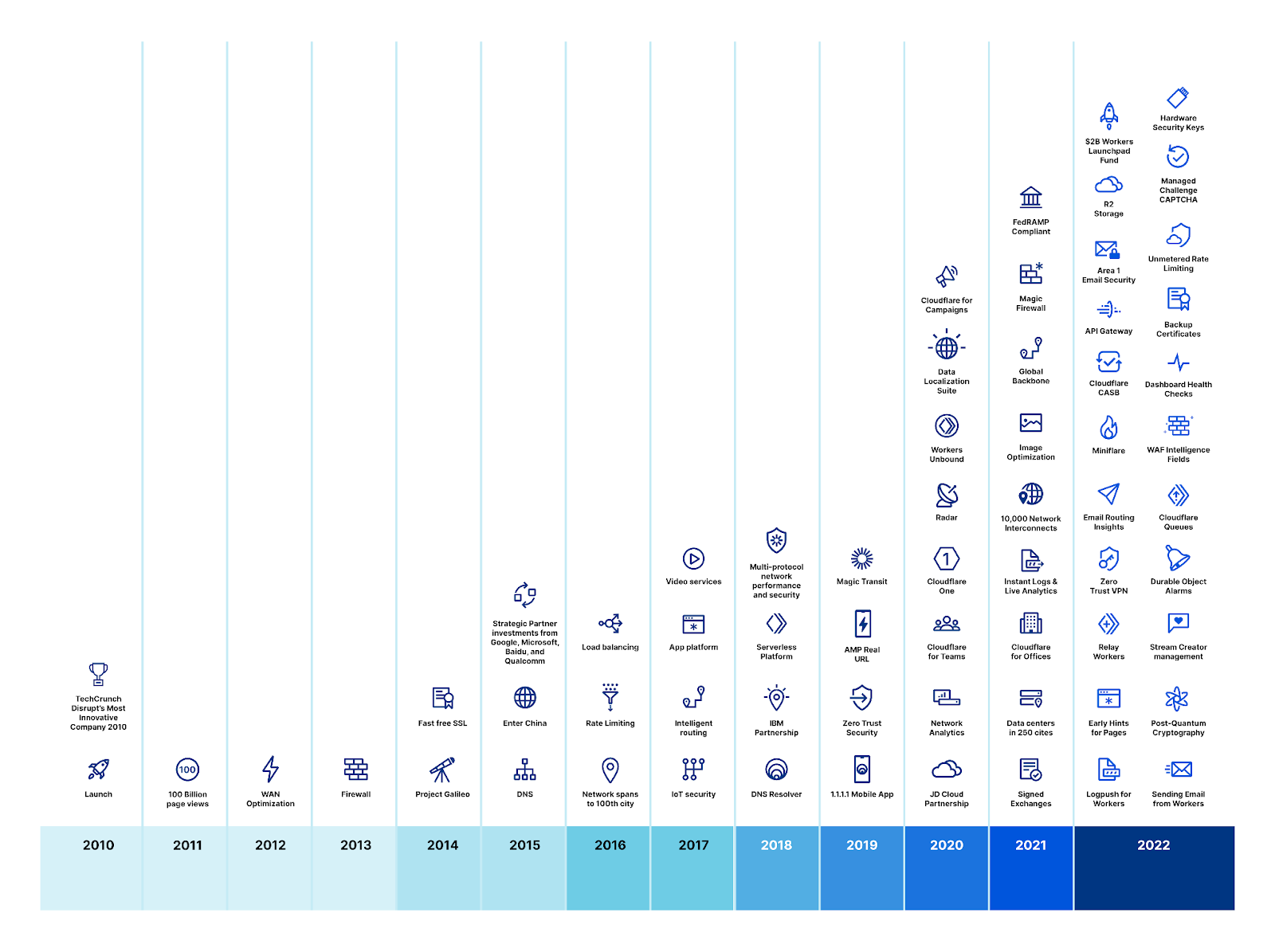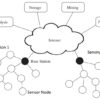Cloudflare is a popular content delivery network (CDN) and web application firewall (WAF) that offers a wide range of features and services. However, there are also some potential drawbacks to using Cloudflare that businesses should be aware of before making a decision.
Here are 15 cons of Cloudflare to consider:
- Cloudflare can slow down your website. Cloudflare adds an extra layer of processing between your website and your visitors, which can cause your website to load more slowly. This is especially noticeable for websites with high traffic volumes.
- Cloudflare can block legitimate traffic. Cloudflare’s security features can sometimes block legitimate traffic, such as search engine crawlers and bots. This can impact your website’s SEO and lead to lost traffic.
- Cloudflare can introduce security vulnerabilities. Cloudflare is a complex piece of software, and as such, it is susceptible to security vulnerabilities. These vulnerabilities can be exploited by hackers to attack your website or steal your data.
- Cloudflare can be expensive. Cloudflare’s pricing plans can be expensive, especially for businesses with high traffic volumes.
- Cloudflare is not a replacement for a web host. Cloudflare is a CDN and WAF, not a web host. This means that you still need to have a web host in order to use Cloudflare.
- Cloudflare can be difficult to configure. Cloudflare’s settings can be complex and difficult to configure. This can be a challenge for businesses that do not have technical expertise.
- Cloudflare can be unreliable. Cloudflare has been known to experience outages from time to time. This can impact your website’s availability and uptime.
- Cloudflare can be a privacy concern. Cloudflare collects a lot of data about your website’s visitors, including their IP addresses, browser fingerprints, and other information. This data can be used to track your visitors and build profiles about them.
- Cloudflare can be a censorship tool. Cloudflare has been used by governments to censor websites and block access to content. This is a concern for businesses that operate in countries with repressive regimes.
- Cloudflare can be a security risk. Cloudflare has been hacked in the past. This allowed hackers to steal data from Cloudflare’s customers, including their IP addresses, browser fingerprints, and other information.
- Cloudflare can be a liability. If Cloudflare is hacked and your website is compromised, you could be held liable for any damages that result.
- Cloudflare can be a pain to switch away from. If you decide to switch away from Cloudflare, it can be a difficult and time-consuming process.
- Cloudflare is not the only option. There are other CDNs and WAFs available that offer similar features and services to Cloudflare. Some of these alternatives may be a better fit for your business.
- You don’t need Cloudflare. While Cloudflare can offer some benefits, it is not essential for every website. If you are not sure whether Cloudflare is right for you, you should consult with a web hosting expert.
- Cloudflare is not a silver bullet. Cloudflare is a powerful tool, but it is not a magic solution that will protect your website from all threats. You should still implement other security measures, such as using strong passwords, keeping your software up to date, and backing up your data regularly.
If you are considering using Cloudflare, it is important to weigh the potential benefits and drawbacks carefully. Cloudflare can offer some valuable features, but it is also important to be aware of the potential risks.


